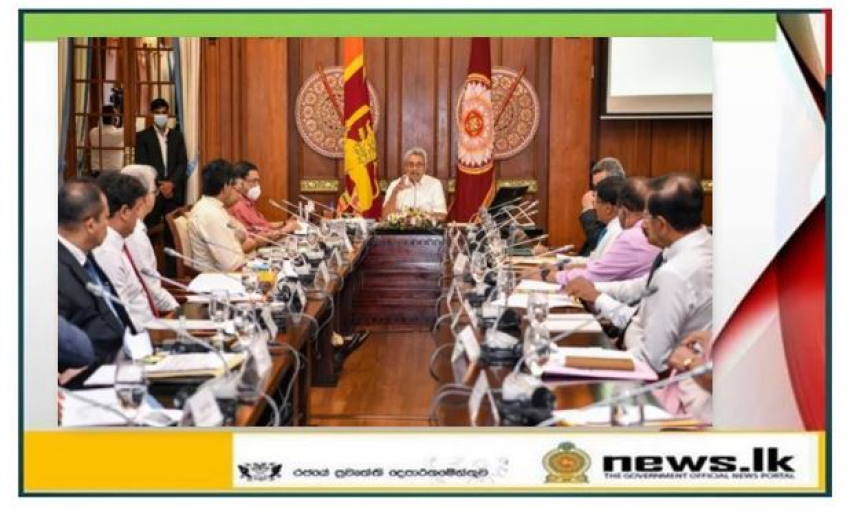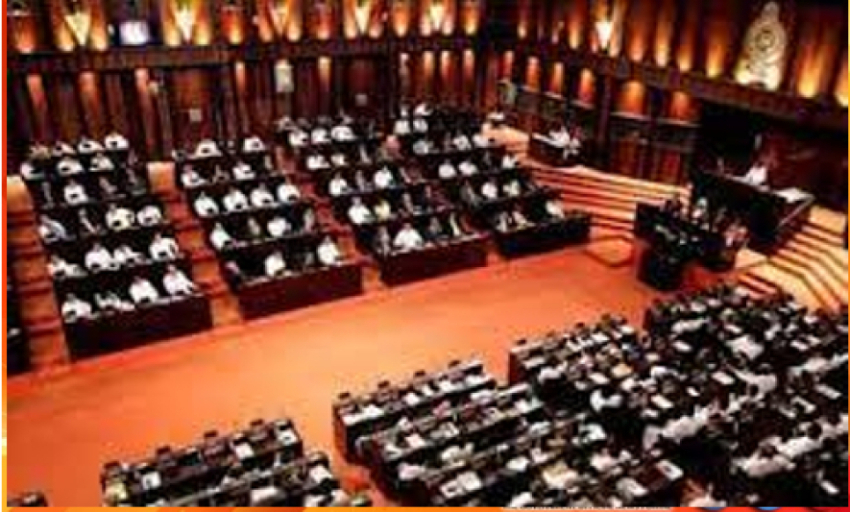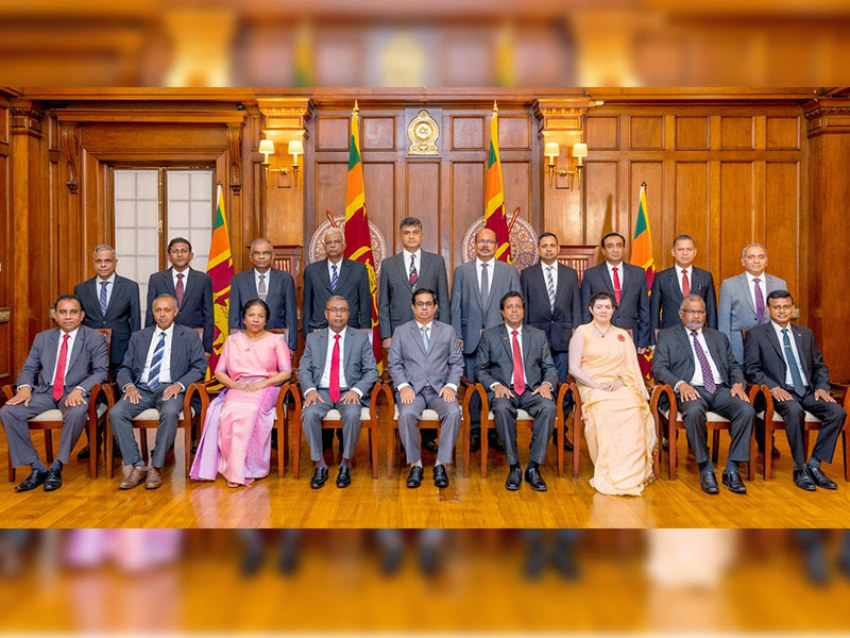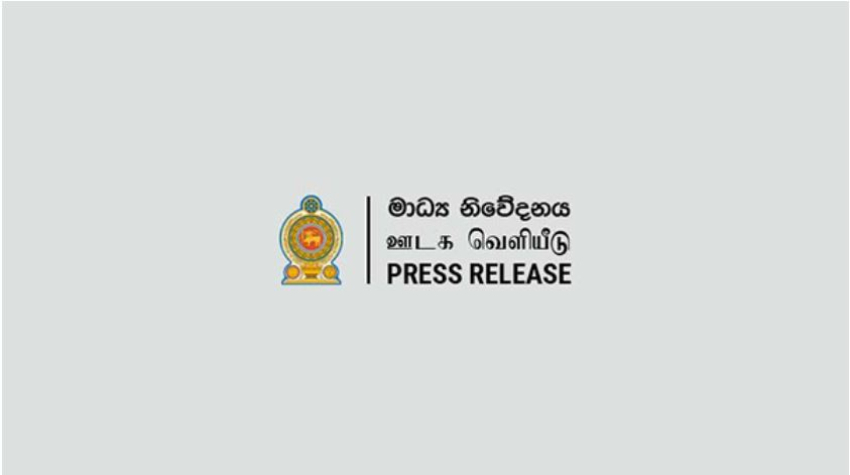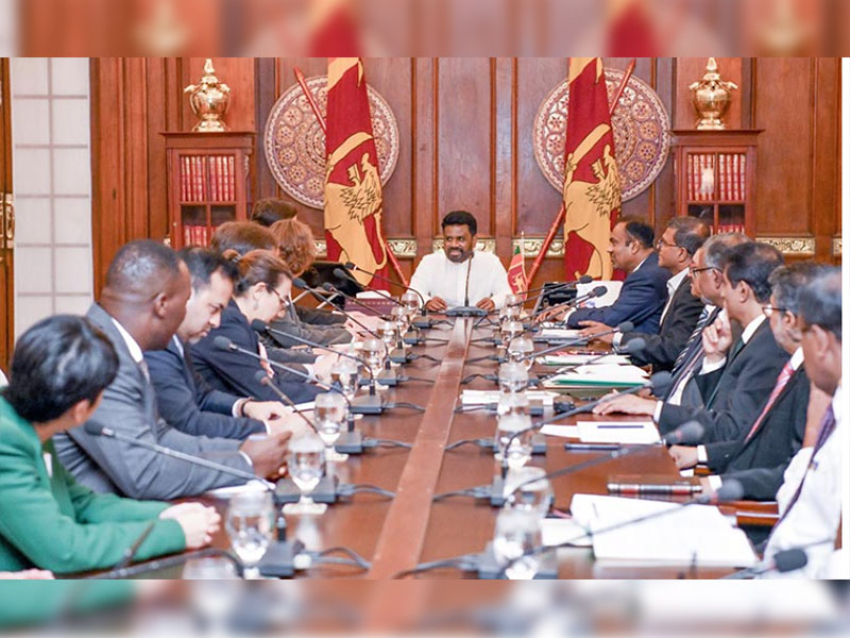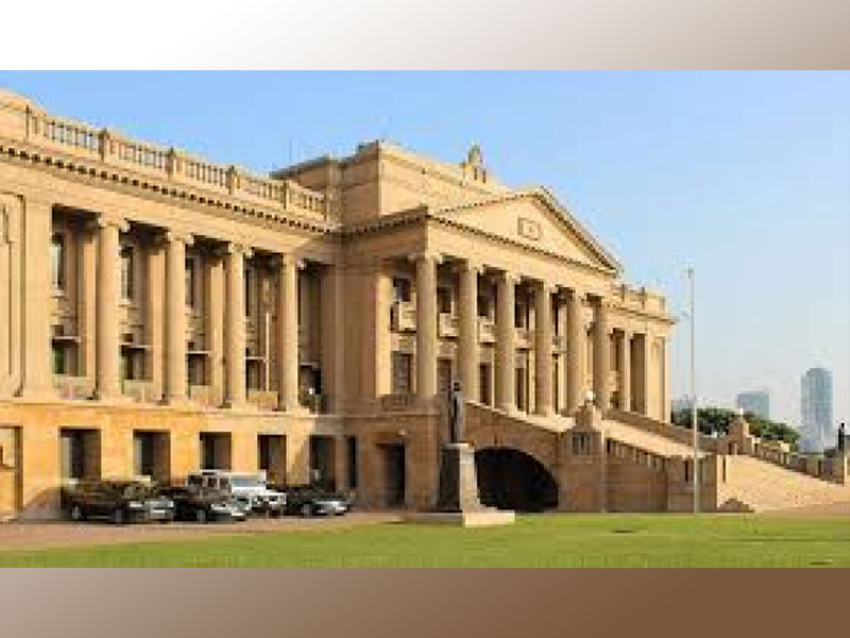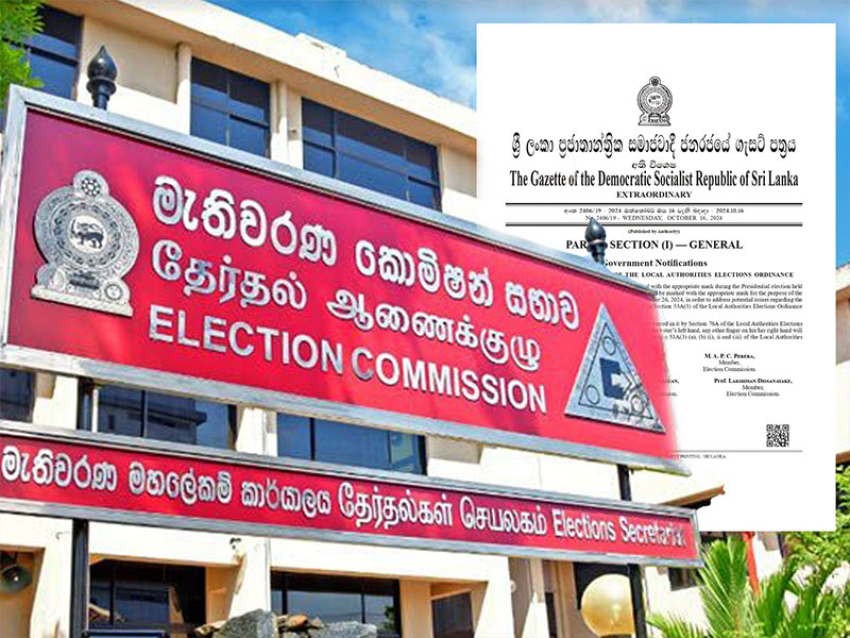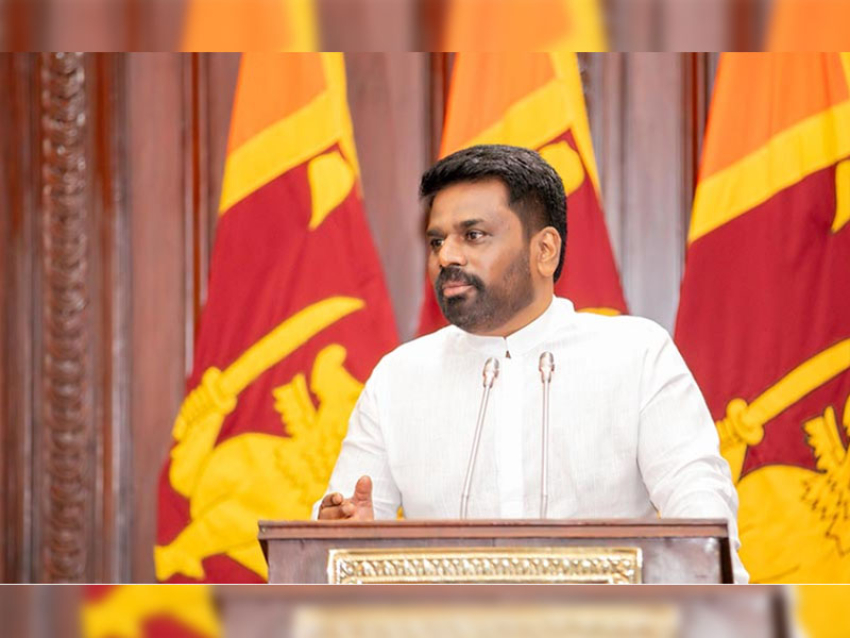The Government plans to produce 50% of the country’s requirement of pharmaceuticals locally within the next three years.
The objective is to provide high-quality medicine to the public and the foreign market as well, at affordable prices. All products are made in accordance with the recommendations and standards of the World Health Organization.
85% of the country’s drug requirement is met through imports at an annual cost of Rs.130 billion. Producing pharmaceuticals locally will pave the way to save Rs.60 billion annually. President Gotabaya Rajapaksa says that we will be able to achieve these goals.
The President made these remarks at a discussion held at the Presidential Secretariat Sep (10) on the future plans of the State Ministry of Pharmaceutical Production, Supply and Regulation.
Sri Lanka is currently the largest importer of drugs in the Asian region. President Rajapaksa stressing that it was high time to turn the tables added that large scale local investors are willing to contribute to this effort.
An Investment Zone of 400 acres will be established in the Hambantota Industrial Zone for manufacturing medicine targeting the global market. The world’s topmost pharmaceutical companies have already expressed their inclination to join this venture. There is a huge demand for pharmaceuticals in the African and Southeast Asian region and it is also a goal to grab those market opportunities.
Government is committed to improve the public sector as well as to promote the entrepreneurs in the private sector. The President made an open invitation to all the pharmaceutical importers to invest in manufacturing medicine locally.
An investment zone for local investors will be established in a 100-acre land at Oyamaduwa, Anuradhapura. Twenty-five medium scale businessmen are prepared to invest a sum of USD 300 million in this endeavour. A considerable improvement is evident in local pharmaceutical production owing to the efforts of the incumbent government. It has been revealed that currently there is no shortage of essential medicine within the country. Producing a new medicine each month had already been commenced. The target is to elevate this practice in the future to, one new medicine every fortnight.
It takes nearly a year to process the documents of registration in pharmaceutical manufacture. President highlighted the significance of making legal amendments to expedite this process immediately. It was decided to establish a new unit within Medicines Regulatory Authority to address issues including the registration of locally manufactured pharmaceuticals.
In addition, it was also discussed to set up 100 pharmacies in island-wide network of Sathosa and Coop Supermarkets to sell medicine manufactured by the State Pharmaceuticals Corporation of Sri Lanka(SPC). Moreover, a procedure to supply pharmaceutical requirements of the households to their doorstep was taken into consideration as well.
Minister Pavithra Wanniarachchi, State Minister Prof. Channa Jayasumana, Head of the Presidential Task Force for Economic Revival, Basil Rajapaksa, Secretary to the President, P.B. Jayasundera, officials of the Cabinet and State Ministries, Line Institutes and representatives from Pharmaceutical Companies were present at the discussion.

